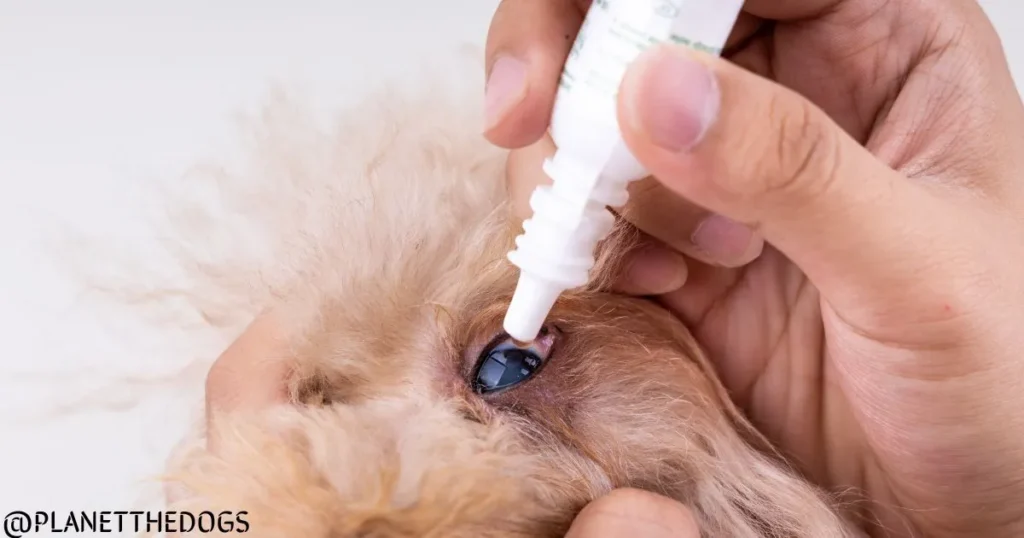Allergies in Dogs: Common Causes, Symptoms & Effective Treatments
Dogs are more than just pets—they’re family. So, when you notice your furry companion endlessly scratching, licking their paws, or experiencing discomfort, it’s natural to feel concerned. Allergies in dogs are not just a nuisance; they can severely affect your pet’s well-being if left untreated. This guide will walk you through the causes, symptoms, and treatment options to help you manage your dog’s allergies effectively.
Table of Contents
What Are Allergies in Dogs?
Allergies in dogs occur when their immune system overreacts to substances it perceives as threats. These substances, known as allergens, can be found in food, the environment, or even on their skin. Recognizing and addressing these allergies early can make all the difference in improving your dog’s quality of life.
Types of Allergies in Dogs
- Food Allergies: Triggered by specific proteins or grains in their diet.
- Environmental Allergies: Caused by pollen, mold, or dust mites.
- Flea Allergy Dermatitis: Reaction to flea saliva.
- Contact Allergies: Direct contact with certain materials like wool or cleaning chemicals.
Causes of Allergies in Dogs
Environmental Triggers
Your dog’s environment greatly influences their overall health. Common environmental allergens include:
- Seasonal Allergens: Pollen from trees, grasses, and weeds.
- Indoor Allergens: Dust mites, mold spores, and household cleaners.
Food-Related Allergies
Certain ingredients in a dog’s diet can trigger adverse reactions. Common culprits include:
- Proteins like chicken, beef, or lamb.
- Grains such as wheat or soy. Understanding your dog’s diet and switching to hypoallergenic food can alleviate symptoms.
Parasites and Fleas
For sensitive dogs, even one flea bite can lead to severe itching.Preventing fleas is crucial for controlling these allergies.
Genetic Factors
Some breeds, like Golden Retrievers and Bulldogs, are genetically predisposed to allergies. Knowing your dog’s breed-specific risks can help you prepare.

Symptoms of Allergies in Dogs
Symptoms vary depending on the type of allergy but commonly include:
- Skin Issues: Redness, rashes, and constant scratching.
- Digestive Problems: Vomiting, diarrhea, or gas.
- Respiratory Symptoms: Sneezing, coughing, or nasal discharge.
Symptoms by Allergy Type
| Allergy Type | Symptoms |
| Food Allergies | Vomiting, diarrhea, itchy skin |
| Environmental Allergies | Sneezing, watery eyes, ear infections |
| Flea Allergy Dermatitis | Red spots, hair loss, intense scratching |
Identifying patterns in your dog’s behavior and symptoms can help pinpoint the underlying allergy.
Diagnosing Allergies in Dogs
Veterinary Tests
A veterinarian can perform:
- Skin Tests: Pinpoint specific environmental allergens.
- Food Trials: A controlled diet to identify food sensitivities.
- Blood Tests: Measure immune responses to allergens.
Observation and Tracking
You play a crucial role in diagnosing your dog’s allergies. Keep a diary of symptoms, diet, and environmental changes. These observations can provide invaluable insights to your vet.
Treatments for Dog Allergies
Medical Treatments
- Antihistamines: Reduce itching and inflammation.
- Steroids: Provide short-term relief for severe symptoms.
- Allergy Shots: help gradually reduce your dog’s sensitivity to specific allergens.
Home Remedies
- Hypoallergenic Shampoos: Soothe irritated skin.
- Coconut Oil: Acts as a natural moisturizer for dry patches.
- Flea Prevention: Regular use of flea medications can prevent flare-ups.
Diet Recipes for Dogs With Allergies
Here’s a simple, hypoallergenic recipe you can easily prepare at home:
| Ingredient | Quantity | Notes |
| Ground turkey | 500g | Lean protein source |
| Sweet potatoes | 2 medium | Gentle on the stomach |
| Spinach | 1 cup | Packed with nutrients |
| Olive oil | 1 tbsp | Adds healthy fats |
Cook ingredients thoroughly, mix, and let it cool before serving. It’s important to speak with your veterinarian before altering your dog’s diet.
Preventing Allergies in Dogs
Proactive Measures
- Groom your dog regularly to remove allergens from their coat.
- Wash their bedding frequently.
- Use air purifiers to reduce indoor allergens.
Conclusion
Your dog depends on you to ensure their comfort and happiness. By understanding the causes, symptoms, and treatments for allergies, you can provide them with the care they deserve. If your dog shows any signs of allergies, consult your veterinarian for a personalized treatment plan.
Take the first step today—start tracking your dog’s symptoms and explore allergy-friendly options for their diet and environment. For more tips on maintaining your dog’s health, check out our Dog Health Guide. Your pup will thank you!
Frequently Asked Questions
Can Dogs Outgrow Their Allergies?
While some dogs may develop a tolerance over time, most allergies are lifelong conditions that require ongoing management.
What’s the Best Food for Dogs With Allergies?
Look for hypoallergenic dog food that lists a single protein source and minimal ingredients.
How Do I Know If My Dog Has Food or Environmental Allergies?
Food allergies often cause digestive issues, while environmental allergies lead to skin or respiratory problems. A vet can confirm with tests.








